Last night’s announcement by Donald Trump of travel restrictions to Europe “blindsided” the EU, the Washington Post reports, but Mike Pence went on offense this morning to defend them. The vice president is making a full Ginsburg of sorts this morning to follow up on Trump’s Oval Office speech last night, including a clean-up of an error regarding shipping between the US and EU, which will not be interrupted. Trump himself corrected his error on Twitter shortly after the speech:
https://twitter.com/realDonaldTrump/status/1237924658185469954
How did that error get into last night’s speech? Someone probably needs a reassignment.
In Brussels, though, it’s the temporary halt in people movement that has them steamed. The Trump administration apparently didn’t warn anyone about it, and they took it as a political slight more than a precautionary measure:
“The Coronavirus is a global crisis, not limited to any continent and it requires cooperation rather than unilateral action,” the statement read, co-signed by E.U. Commission President Urusla von der Leyen and E.U. Council President Charles Michel.
“The European Union disapproves of the fact that the U.S. decision to impose a travel ban was taken unilaterally and without consultation.”
The fiery response from Brussels was a sign of just how little the two sides appear to be coordinating their response to the coronavirus pandemic. European officials were scrambling to play catch-up Thursday to understand the reasoning behind the ban. The U.S. Mission to the European Union declined to answer questions about how they were explaining the restrictions to their European colleagues.
Most of Europe woke to the news in shock on Thursday morning, and markets plummeted in the aftermath of the White House announcement.
The restrictions only apply to the Schengen zone, the open-borders area of the EU. That excludes the UK, Ireland, and several countries in eastern Europe, even though those countries have their own cases of COVID-19. However, Italy’s central location in Europe as well as its order to lock the entire country down for a month serves as a fairly bright signal that the Schengen zone is a high risk for spread, and that’s not the only such signal either.
We’ll get back to that in a moment. This morning, CNN’s Alisyn Camerota asked Pence about the necessity of the travel restriction, and quoted former Homeland Security adviser Thomas Bossert as saying it was too late for that to work. Pence says their experts disagree, and that locking down EU travel will help mitigate community spread here in the US. Furthermore, Pence says, the administration response is much broader and more vigorous than just a travel restriction, and they’re doing the other things Bossert advises, too:
Vice President Pence takes questions about America's response to the coronavirus pandemic on @newday https://t.co/aiA2mFSJQP pic.twitter.com/EEY9fqxQyS
— CNN (@CNN) March 12, 2020
Which experts support the travel restriction? CDC director Dr. Robert Redfield is one of them. On Tuesday, Redfield told a House subcommittee that “the new China is Europe” and that unrestricted travel was “seeding” the virus in US communities. It’s not just Italy, either:
The biggest threat of the new coronavirus outbreak has shifted from China to Europe, where large populations of people may have been exposed, according to Dr. Robert Redfield, director of the Centers for Disease Control and Prevention (CDC).
“Right now, the new China is Europe and there’s a lot of people coming back and forth from Europe that are now starting to seed these communities,” Redfield told a House subcommittee on Tuesday.
China has reported the majority of the total 113,851 cases and 4,015 deaths, but health officials claim the virus’ toll on its origin country appears to be waning. As new cases in China are slowing down, global cases continue to rise, especially in Italy, where the most deaths outside of China have been reported. …
France and Germany also had a surge in cases on Monday, according to WHO, and Redfield said officials are testing blood samples to identify if travel or unrecognized community transmission is driving outbreaks in America.
“My own personal opinion right now is the new cases that we’re seeing in the U.S. are probably disproportionately driven from people who returned from Europe,” Redfield told the subcommittee, explaining that those who returned could have transmitted it to someone who then further spread the virus.
Bossert’s probably correct in that much of that damage has already been done, but that doesn’t mean mitigating it now is useless either. Redfield certainly seemed to imply that something should be done to slow down or stop that “seeding,” and that testimony was on the record more than a day before Trump acted. It’s the type of action that should have prompted coordination with allies on the other side of the Atlantic, a point that’s certainly open for critique. However, the action itself seems at least supported by the evidence coming from the CDC, even if it does mean a temporary disruption to commercial and diplomatic relationships.
Update: Former NIH chief Dr. Anthony Fauci has been one of the media’s most popular go-to experts in this crisis. Politico’s Kyle Cheney asked him about the EU travel restrictions and whether he thinks they will help, and he concurred with Pence and Redfield:
Full exchange:
Q: Does banning travel from Europe help stop the spread of this illness?
FAUCI: Most of the new infections that we're getting right now, the majority of them are coming from Europe.
Q: So you think that'll make a difference?
FAUCI: "I really do. I really do."
— Kyle Cheney (@kyledcheney) March 12, 2020


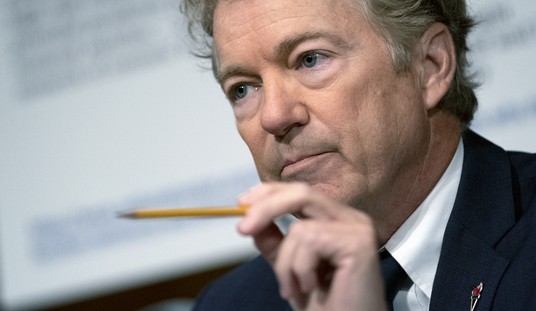
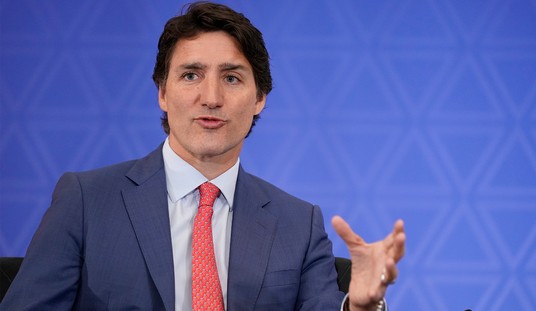

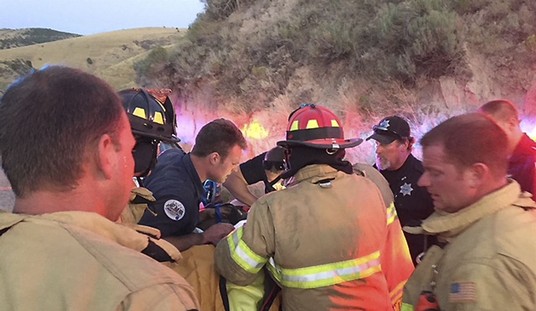
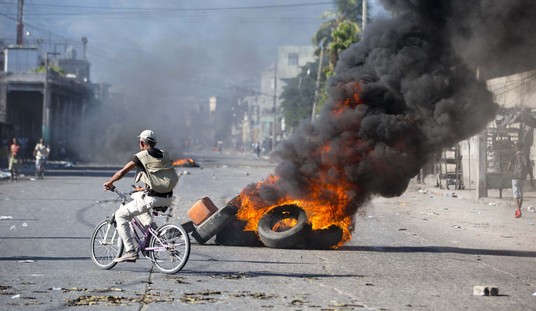
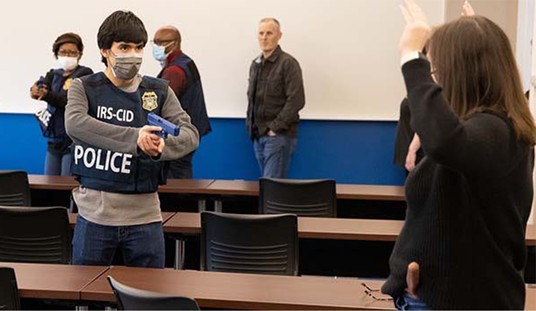
Join the conversation as a VIP Member